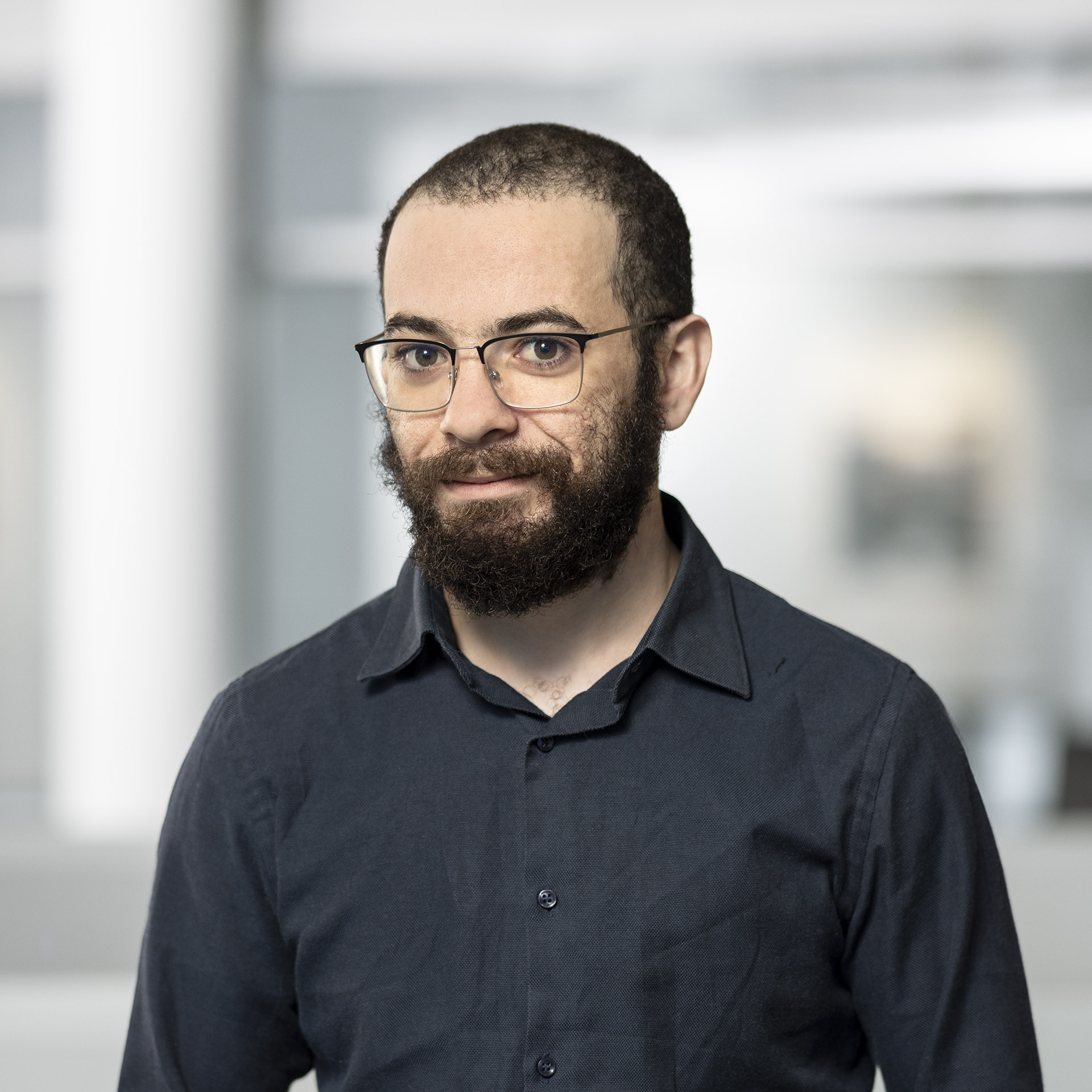Center for Uncertainty Studies Blog
Meet ... Adhen Benlahlou

Dr. Adhen Benlahlou is a research associate at the Faculty of Business Administration and Economics / Economic Theory and Computational Economics at Bielefeld University.
What connects you to Bielefeld University?
I've always wanted to bring together my passion for economic models and my wish to apply them as a policy making tool. During my master and doctoral studies, I've gotten into touch with structural econometric models which is an explicit combination of economic theories and statistical models. This method is not limited to the study of objects limited to economics. The discovery of these porosities led me to look for a place where game theory is not limited to one application. Bielefeld University, with its long tradition of interdisciplinarity, was an obvious choice when I looked for a place to conduct a post-doc in line with this desire for openness.
What role does Uncertainty play in your research?
My research lays at the intersection of the economics of networks and the economics of science and innovation. More precisely, how the interactions structure between individuals (researcher, inventors, adopters, etc..) will influence their decisions. Scientific research is uncertain by nature. In a current project, I’m interested by how the PhD advisor's attitude towards uncertainty influences the PhD student's career. This raises an important question in terms of public policy: should we favor young researchers' early exposure to uncertainty?
To what extent is interdisciplinarity important in your work?
Being interested by economics of science, interdisciplinary research has always been at the core of my work. Indeed, it would be difficult for me to study the interactions between individuals producing knowledge without drawing from the sociology of science, as well as discrete mathematics to better understand the structure of networks (graph theory). As my work also has an empirical dimension, it would be difficult for me to abstract from interactions with computer scientists, for instance when it comes to the creation of relevant databases, but also with statisticians.
What would you like to accomplish in a Center for Uncertainty Studies?
CeUS is a fertile ground for collaborations with top researchers from a broad spectrum of the social sciences. I would like to contribute to other fields with quantitative approaches that help to distinguish behaviours arising from, but also responding to, uncertainty. In this way, I believe that ways of navigating uncertainty can be more easily detected and studied in different fields. In addition, exchanges with researchers from different disciplines enrich our understanding of the phenomena involved, as well as the range of questions raised.
The first CeUS conference ("Navigating Uncertainty: Preparing Society for the Future") took place in Bielefeld at the beginning of June - which moments were particularly exciting for you? What do you take away?
The first CeUS conference underlined the fact that uncertainty is a subject studied by many disciplines with different points of view. During the various discussions, it became clear that people from different fields, with different terminology, are interested in the same phenomena. This conference illustrated that dialogue between disciplines is entirely possible, which bodes well for future cross-fertilization between disciplines to improve our understanding of uncertainty.
To sum it up: Do you have specific strategies in your personal or professional life to deal with uncertainty?
For most people, uncertainty is synonymous of unease and insecurity. Recall that research is by definition uncertain, and we never know in advance what our conclusions will be. In order to manage uncertainty in my research, I try to build up a portfolio of more or less uncertain projects to ensure a certain level of production, without being closed to more adventurous projects.
Thank you very much!